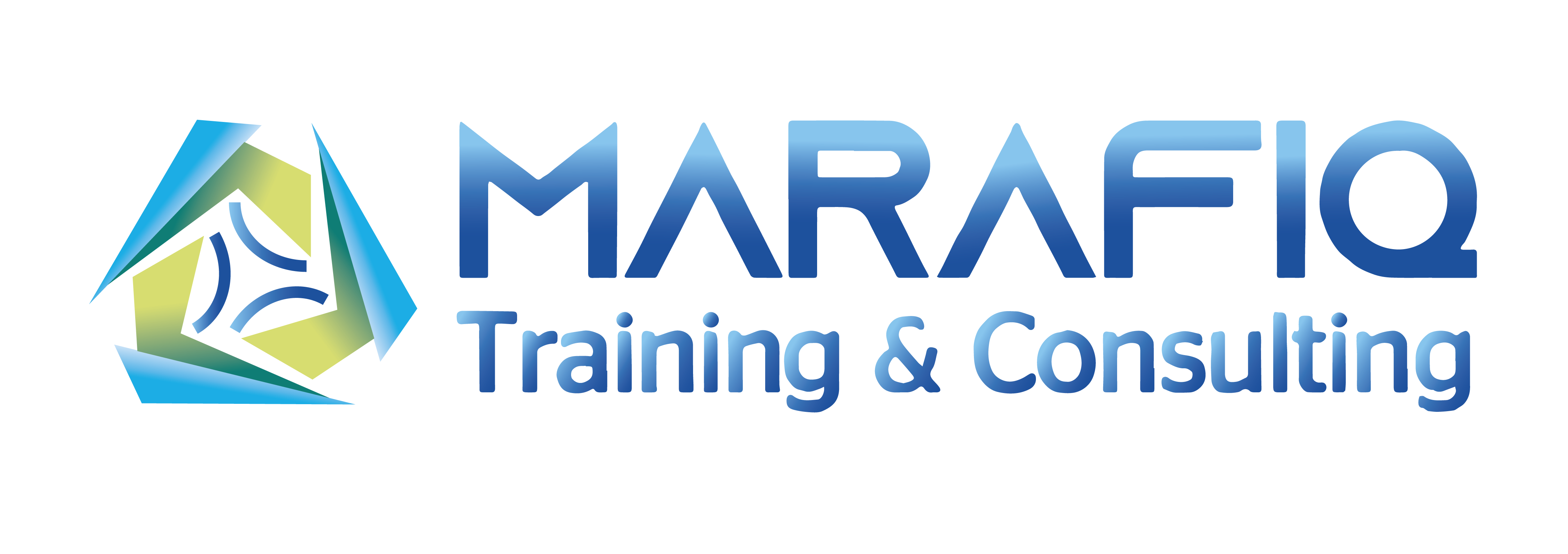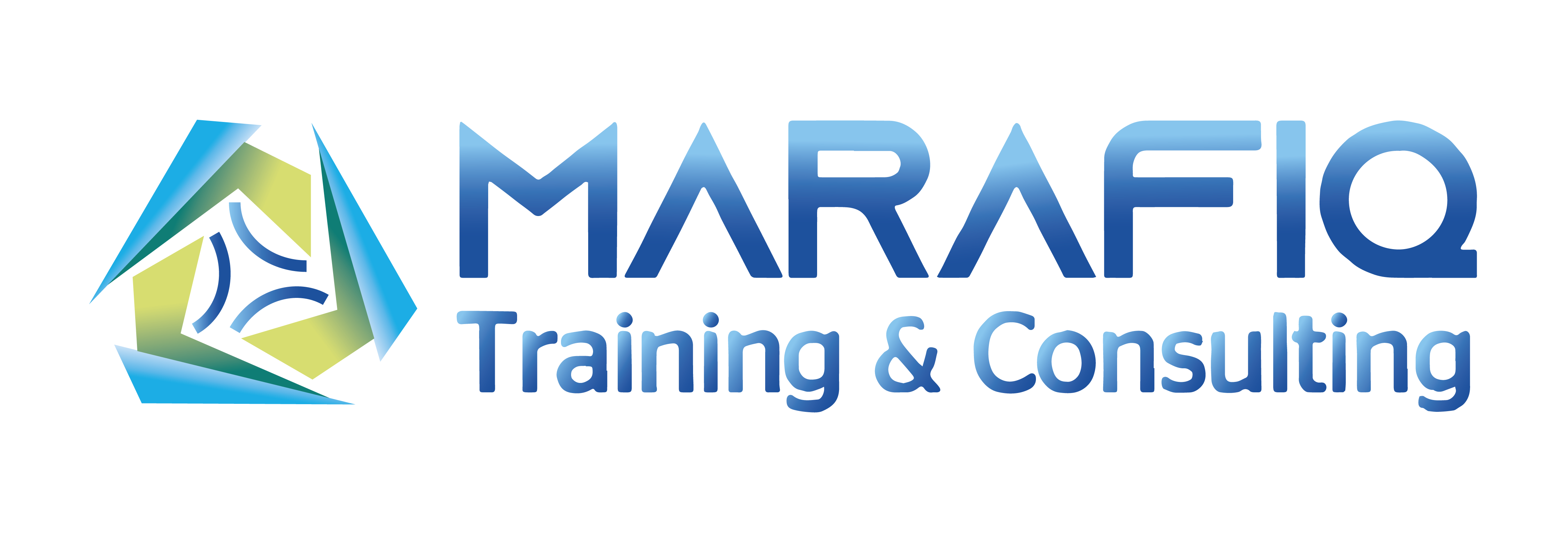
Facilities Manager (Round 25)
Day 1 – Introduction + Operation and Maintenance
Day 2 – Leadership and Strategy
Day 3 – Finance and Business
Day 4 – Project Management
Day 5 – Sustainability
Day 6 – Quality and Performance
Day 7 – Technology and Information
Day 8 – Risk Management + Real Estate (1)
Day 9 – Real Estate (2) + Communication
Day 10 – Exam Preparation: Study plan, practice questions, mock test, and exam strategies.

Instructor
About This Course
Detailed Course Description (10 Days)
Day 1: Introduction + Operations & Maintenance (O+M)
Introduction to facility management and its importance.
Assessing and inspecting building structures, interior/exterior systems, and grounds.
Managing the operation and maintenance of systems and equipment from acquisition and installation to replacement.
Organizing and monitoring occupant services and measuring satisfaction.
Selecting appropriate resources and service providers, ensuring quality performance, and resolving disputes.
Day 2: Leadership & Strategy
Phases of the strategy life cycle (understanding – analysis – planning – acting).
Fundamentals of leadership and management, and individual behavior theories.
Building and maintaining effective teams, developing policies and procedures, and resolving conflicts.
Managing relationships, governance, ethics, and codes of conduct.
Day 3: Finance & Business
Core financial and accounting concepts in facility management.
Budgeting, financial statements, and reporting.
Cost concepts, cost-containment strategies, and chargebacks.
Developing business cases supported with financial data.
Procurement procedures, outsourcing, and contract management.
Contract development, monitoring, dispute resolution, and risk analysis.
Day 4: Project Management
Introduction to project management and the role of the facility project manager.
Initiation: defining purpose, project charter, and objectives.
Planning: designing deliverables and creating the project management plan.
Execution and monitoring: managing teams, resources, and performance.
Closing: accepting deliverables, closing contracts, and evaluating results.
Day 5: Sustainability
Triple Bottom Line and aligning strategy with sustainability.
Energy management: efficiency, devices, systems, and processes.
Water management: minimizing use and waste reduction methods.
Materials and consumables: renewable resources and minimizing harmful substances.
Waste management: recycling, diversion, and eco-friendly disposal.
Workplace and site management: indoor environmental quality and standards.
Day 6: Quality & Performance
Facility management quality systems and strategic alignment.
Identifying performance improvement opportunities.
Developing metrics, KPIs, and performance measurement tools.
Monitoring, reporting, and analyzing performance data.
Fundamentals of quality management, audits, and service specifications.
Measuring customer satisfaction and analyzing feedback.
Day 7: Technology & Information
Using technology to support organizational strategy.
Data collection, information management, and minimizing risks.
IT basics for facility managers, including security and networks.
CAFM systems: definition, benefits, and applications.
Emerging tools and technologies such as modeling and imaging.
Needs assessment, implementation, and ROI evaluation of IT systems.
Day 8: Risk Management + Real Estate (Part 1)
Introduction to risks and risk management (organizational, operational, environmental).
Risk management planning, governance, and KPIs.
Emergency preparedness, disaster response, and recovery.
Business continuity planning and facility resilience.
Introduction to real estate strategies and requirements.
Real estate life cycle, financial basics, and investment tools.
Day 9: Real Estate (Part 2) + Communication Skills
Real estate assessment, acquisition, disposal, and portfolio management.
Managing real estate assets, new construction, and major projects.
Fundamentals of effective communication in organizations.
Business writing: reports, emails, letters, and professional documents.
Conducting meetings, presentations, and cross-cultural communication.
Developing and implementing a facility communication plan, including crisis communication.
Day 10: Study Plan & International Exam Preparation
Exam application process and registration steps.
Structured study plan covering all core competency areas.
Access to exam bank and practice questions simulating the real exam.
Mock tests and strategies for time management and answering techniques.
Final review and readiness assessment to build confidence for success.
Trusted Companies
+3200 Companies trusted our courses for their staff tutoring

Mazin Shapo
Curriculum Overview
This course includes 11 modules, 78 lessons, and 0 hours of materials.
Introduction to facility management and its importance.
Assessing and inspecting building structures, interior/exterior systems, and grounds.
Managing the operation and maintenance of systems and equipment from acquisition and installation to replacement.
Organizing and monitoring occupant services and measuring satisfaction.
Selecting appropriate resources and service providers, ensuring quality performance, and resolving disputes.
Operation & Maintenance IFMA Book
O&M Chapter1 Questions
O&M Chapter2 Questions
O&M Chapter3 Questions
O&M Chapter4 Questions
O&M Chapter5 Questions
Leadership & Strategy Summery
Leadership & Strategy IFMA Book
L&S Chapter1 Questions
L&S Chapter2 Questions
L&S Chapter3 Questions
L&S Chapter4 Questions
Finance & Business Summery
Finance & Business IFMA Book
F&B Chapter1 Questions
F&B Chapter2 Questions
F&B Chapter3 Questions
F&B Chapter4 Questions
F&B Chapter5 Questions
F&B Chapter6 Questions
Project Management Summery
Project Management IFMA Book
PM Chapter1 Questions
PM Chapter2 Questions
PM Chapter3 Questions
PM Chapter4 Questions
PM Chapter5 Questions
Performance & Quality Summery
Performance & Quality IFMA Book
P&Q Chapter1 Questions
P&Q Chapter2 Questions
P&Q Chapter3 Questions
P&Q Chapter4 Questions
P&Q Chapter5 Questions
P&Q Chapter6 Questions
P&Q Chapter7 Questions
P&Q Chapter8 Questions
Sustainability Summery
Sustainability IFMA Book
Sustainability Ch1 Questions
Sustainability Ch2 Questions
Sustainability Ch3 Questions
Sustainability Ch4 Questions
Sustainability Ch5 Questions
Sustainability Ch6 Questions
Risk Management Summery
Risk Management IFMA Book
Risk Management Ch1 Questions
Risk Management Ch2 Questions
Risk Management Ch3 Questions
Risk Management Ch4 Questions
Real Estate Summery
Real Estate IFMA Book
Real Estate Ch1 Questions
Real Estate Ch2 Questions
Real Estate Ch3 Questions
Real Estate Ch4 Questions
Information & Technology Summery
Information & Technology IFMA Book
Information & Technology Ch1 Questions
Information & Technology Ch2 Questions
Information & Technology Ch3 Questions
Information & Technology Ch4 Questions
Information & Technology Ch5 Questions
Information & Technology Ch6 Questions
Communication Summery
Communication IFMA Book
Communication Ch1 Questions
Communication Ch2 Questions
Communication Ch3 Questions
Communication Ch4 Questions
Communication Ch5 Questions
Mock Exam
Mock Exam
Exam Study Plan
251 Question from Real Exam
Course Certificate

This Course Includes
Course Specifications








Reply to Comment